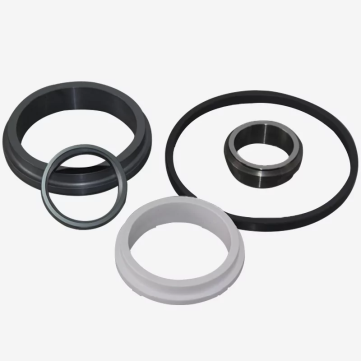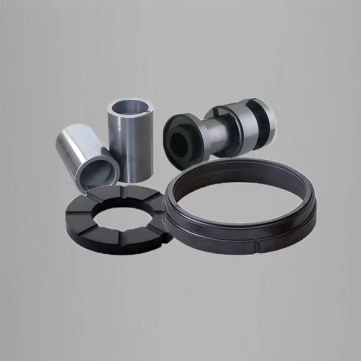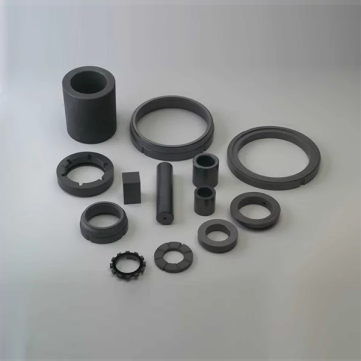A blog article about the silicone carbide mechanical seal, which is a new technology for how a mechanical seal is designed in order to withstand high pressures.
What Is A Silicone Carbide Mechanical Seal?
A mechanical seal is a pressure-fit joint between two bodies that allows the flow of fluids or gases. The most common type of mechanical seal is the O-ring, which is used in many applications including automotive and aerospace engineering. O-rings are made out of silicone rubber, but they can also be made out of other types of materials such as carbide.
One type of mechanical seal that uses silicon carbide instead of rubber is the mechanical seal known as the silicone carbide mechanical seal. This type of seal has several advantages over traditional O-rings. For example, silicon carbide seals can withstand higher pressures and temperatures than rubber seals, and they are also more resistant to wear and tear. Silicon carbide also has a longer life span than rubber seals.
Benefits of the Silicon Carbide Mechanical Seal
The silicon carbide mechanical seal is a new technology that can improve the quality and reliability of mechanical seal products. This type of seal uses small, diamond-like, silicone carbide particles to create a barrier between two surfaces. This technology can improve the performance and lifespan of mechanical seals by reducing wear and friction. Additionally, the silicon carbide particles are resistant to water and oil, so they can resist damage from contaminants.
Junty’s Silicon Carbide: A New Mechanical Seal
Due to its great wear resistance and low friction, silicon carbide (SiC) is a well-known and popular material for mechanical seal technology. SiC has been employed in many different applications, including bearings, gears, seals, and shock absorbers. Due to its distinct characteristics, SiC has lately been used in mechanical seals. SiC has a high wear resistance and low friction, making it an excellent material for mechanical seals. This makes it a viable option for high dependability and low maintenance applications.
SiC’s reduced friction is one of the key benefits of employing it in mechanical seals. SiC can therefore withstand wear and tear better than other materials, extending the life of the seal. Additionally, the reduced friction of SiC lessens the requirement for lubrication. Lack of lubrication reduces the possibility of contamination and corrosion, improving efficiency and reliability.
SiC also has a great resistance to wear. This indicates that it can endure continuous use without deteriorating or breaking. This makes it the perfect material for uses that demand a high level of dependability and durability.
Conclusion
Due to its great performance and dependability, silicon carbide has been utilized for a long time in a variety of applications. The silicon carbide mechanical seal from Junty is a great option if you’re searching for a creative method to enhance the performance of your mechanical seals. Please get in touch with Junty if you’re looking for a silicon carbide mechanical seal. I appreciate you reading.






